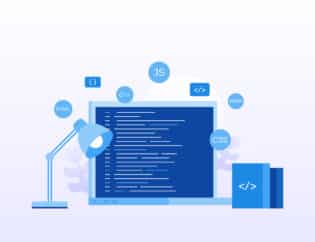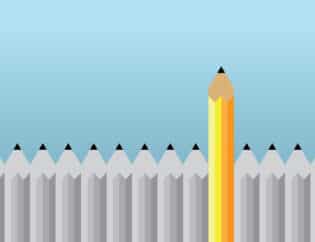In the current whipsaw environment of stock market measurements, evaluations, and executive compensation programs, it can be easy to forget that no product will last forever. No market share will remain unchallenged. Everyone will refine the process as time goes on. These are simple facts. We often lose ourselves in the effort to perfect the current situation which leads to the detriment of preparing for the next situation.
Executives need to remember their job is to think for the future not about the present; even board of directors need to be reminded to extend their focus on to a longer time frame. There are plenty of managers to hold kaizen events; executives need to be thinking about the next product, market, and focus should be. There is one question you need to ask which will help determine whether you are focusing on a short or long-term goal: Can you measure its effect quickly?
This applies to any project. If you can see a change in pieces per hour coming off an assembly line, it is a short-term goal. If you will not know for another year or two if the market will accept it, then it is a long-term goal. The time frame to measure success is what defines whether it is a short-term goal, as a real long-term goal cannot be determined as right or wrong for a longer period of time which involves greater risk. This is why executives need to be focused on the long-term and big picture roles because they have the scope and power to take risks with a business. Leave short-term goals for lower levels of management as they have the focus and ability to accomplish those easily and efficiently.
Everything goes back to that one question: can you measure its effect quickly? So, now use your discretion and answer this question to the best of your ability in order to maximize productivity on every level of your company.











